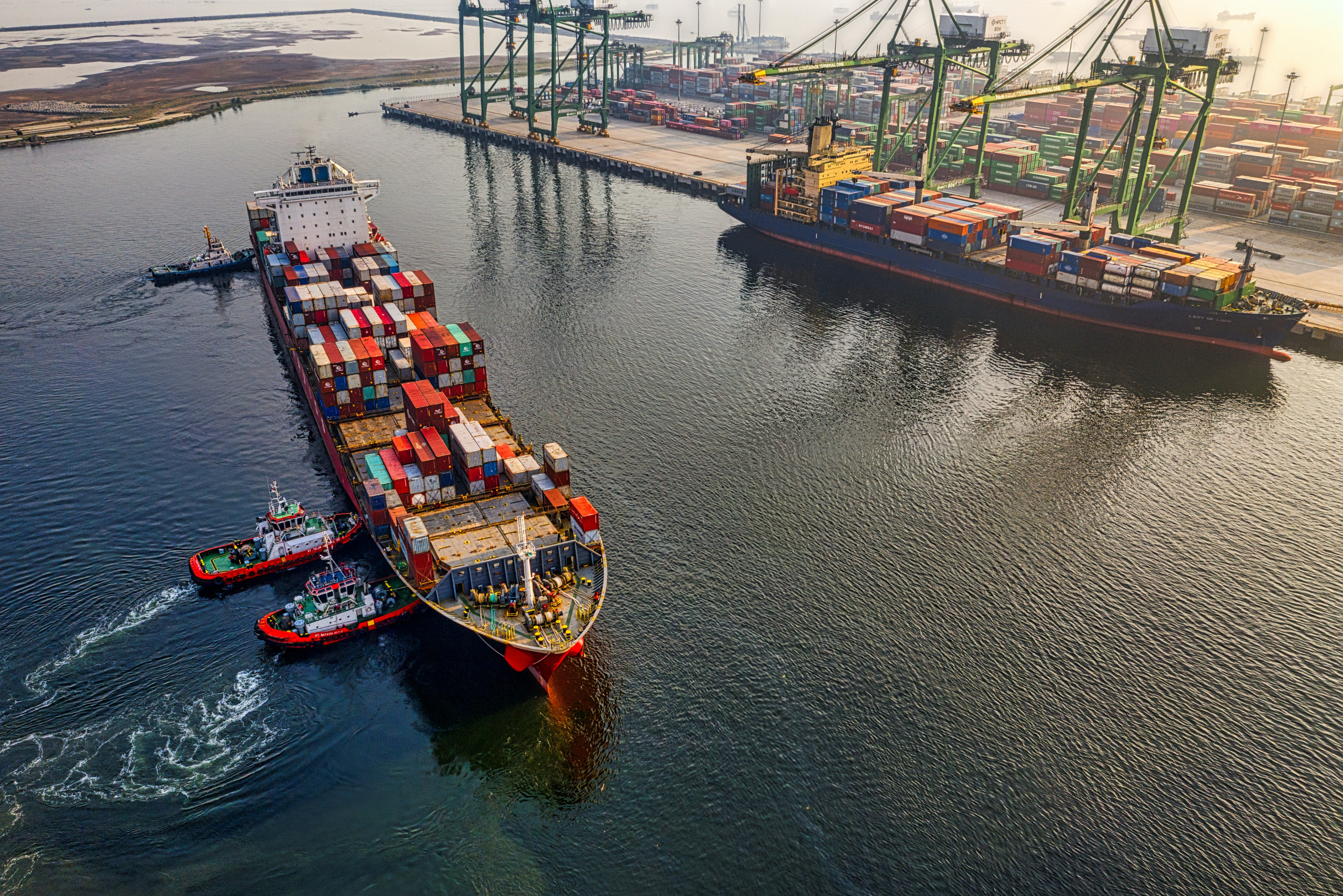March 10, 2023
Logistics Sustainability and Efficiency: Ways to Cut Carbon Emissions in the Industry
Book a Demo
Logistics Sustainability and Efficiency: Ways to Cut Carbon Emissions in the Industry
Logistics is a vital aspect of any economy, and the industry is responsible for transporting goods from one place to another, ensuring that businesses can function smoothly. However, logistics is also a significant contributor to carbon emissions and climate change. As a result, there is a need to make the logistics industry more sustainable and efficient. In this blog, we will explore some ways to cut carbon emissions in the logistics industry and improve sustainability.
Improve Transportation Efficiency. One of the main ways to reduce carbon emissions in the logistics industry is to improve transportation efficiency. This can be achieved by optimizing route planning and reducing empty miles. Transportation companies can use technologies such as telematics to track and optimize routes, reducing fuel consumption and emissions.
Additionally, transportation companies can collaborate to reduce the number of empty miles. Collaborative transportation involves partnering with other companies to fill empty cargo space in trucks, thereby reducing the number of trucks on the road and the associated carbon emissions.
Invest in Alternative Fuel Vehicles. Another way to reduce carbon emissions in the logistics industry is to invest in alternative fuel vehicles. Electric vehicles (EVs) and hydrogen fuel cell vehicles are two promising alternatives to traditional diesel vehicles. EVs emit no carbon emissions, and hydrogen fuel cell vehicles emit only water vapor.
Although EVs and hydrogen fuel cell vehicles have a higher upfront cost than diesel vehicles, the cost of ownership is lower over the vehicle’s lifetime. This is because these vehicles have lower maintenance and fuel costs, making them a more cost-effective option in the long run.
Reduce Packaging Waste. Packaging waste is another significant contributor to carbon emissions in the logistics industry. Businesses can reduce packaging waste by optimizing their packaging designs, using more eco-friendly materials, and reducing the size of their packaging. This can significantly reduce the carbon footprint of the logistics industry.
Additionally, businesses can use technologies such as pallet pooling to reduce the number of pallets used in transportation. Pallet pooling involves sharing pallets among businesses to reduce waste and promote sustainability.
Implement Sustainable Practices. Finally, businesses can reduce their carbon emissions by implementing sustainable practices in their operations. This includes reducing energy consumption in warehouses and offices, using renewable energy sources, and promoting sustainable behaviors among employees.
Additionally, businesses can partner with third-party logistics (3PL) providers that prioritize sustainability. These 3PLs have experience and expertise in sustainable logistics and can help businesses achieve their sustainability goals.
The logistics industry is a significant contributor to carbon emissions, but there are ways to make it more sustainable and efficient. By improving transportation efficiency, investing in alternative fuel vehicles, reducing packaging waste, and implementing sustainable practices, businesses can significantly reduce their carbon footprint. With the right strategies and technologies, the logistics industry can play a crucial role in reducing carbon emissions and promoting sustainability.



